Social Security Payout Boost Hits 94% Of Eligible Retirees; Thanks To Bipartisan Law Favoring Government Workers – Financial Freedom Countdown
More than 2.6 million Americans have received long-awaited retroactive Social Security payments, with an average payout of $6,710.
The Social Security Administration (SSA) confirmed in a June 6 announcement that 94% of eligible retirees have already received their updated benefits following the passage of the Social Security Fairness Act.
More than 3.2 million people were set to receive higher Social Security benefits under the newly enacted Social Security Fairness Act.
In February, the SSA announced they will begin issuing one-time retroactive payments by the end of March, compensating beneficiaries for missed increases dating back to January 2024.
These payments will be deposited directly into bank accounts SSA has on file, though some recipients may see funds before receiving an official notice in the mail.
Biden Approved the Landmark Social Security Fairness Act

In a dramatic midnight vote on December 21st, 2024, the Senate passed the Social Security Fairness Act, a controversial measure to boost retirement benefits for public sector workers.
On Jan 5th, 2025, President Biden signed into law legislation extending additional benefits to nearly 3 million retirees.
Critics warn that the bill, which repeals provisions reducing payouts for pension recipients, could further destabilize Social Security’s already strained finances.
The bill aims to repeal two provisions, the Windfall Elimination Provision (WEP) and Government Pension Offset (GPO), which currently reduce Social Security payouts for public sector worker.
While hailed as a victory by many public employees and their unions, the move has sparked intense debate over equity, fiscal sustainability, and the future of Social Security.

The law requires SSA to adjust benefits for over 3 million people.
Since the law’s effective date is retroactive, SSA must adjust people’s past benefits as well as future benefits.
For most affected seniors, higher monthly Social Security payments began in April 2025, reflecting benefits owed for March.
Beneficiaries can expect two separate notices from SSA: one confirming the removal of WEP or GPO and another detailing their new monthly benefit amount.
Due to automation, many payments are being expedited, but complex cases may require additional processing time.
The agency noted. “For those, we’re currently updating records to issue both retroactive and new benefit amounts. As each case is processed, past-due benefits are released and updated monthly payments are sent out; with all records expected to be fully updated by early November 2025.”
Will This Reform Cost Retirees More Than It Helps?
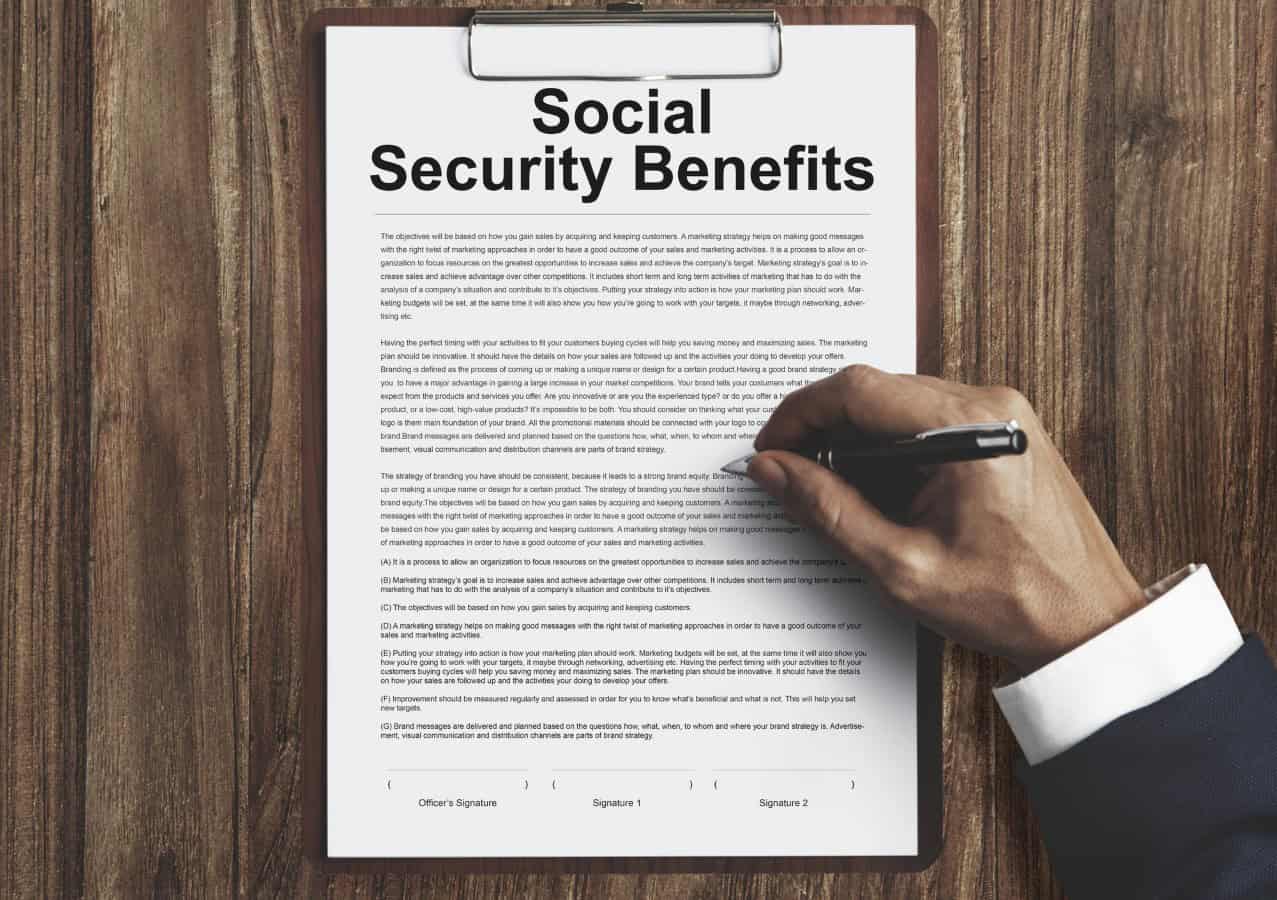
The Social Security Fairness Act, estimated to cost the federal government $190 billion over the next decade, seeks to expand benefits for nearly 3 million retirees who opted into state or local pension plans instead of Social Security.
However, analysts at the bipartisan Committee for a Responsible Federal Budget (CRFB) argue that repealing WEP and GPO provisions will significantly worsen Social Security’s finances. The CRFB predicts the average couple retiring in 2033 could lose $8,000 in benefits during the half-year of early insolvency—and up to $400,000 in lifetime benefits if Social Security funds are depleted altogether.
The debate raises urgent questions about whether reforming these provisions serves justice or jeopardizes the long-term viability of the program.
The Case for Repeal of WEP and GPO

Supporters of the repeal argue that the WEP and GPO unjustly penalize public employees by reducing their Social Security benefits simply because they also receive pensions from jobs not covered by Social Security.
Proponents, including Representative Spanberger and Graves, highlight how these provisions disproportionately affect retirees who worked part-time or in second careers in Social Security-covered employment to supplement their public service incomes.
Senate Majority Leader Chuck Schumer told the rally organized by labor unions and lawmakers. “You’re going to find out which senators are with you, and which are against you. I’ve got all of my Democrats lined up to support it. What’s happening to you is unfair, it’s un-American and I will fight it all the way.”
Supporters emphasized that the repeal is not just about fairness for today’s retirees but also about correcting decades of systemic inequities for spouses, widows, and other survivors.
How Many People Benefit from the Repeal

The Windfall Elimination Provision (WEP) reduces Social Security benefits for individuals who previously worked in positions where they did not contribute to Social Security through payroll taxes but now receive pensions or disability benefits from those employers.
Approximately 2.1 million people — or about 3% of all Social Security beneficiaries — were impacted by the WEP, according to the Congressional Research Service.
The Government Pension Offset (GPO) decreases Social Security benefits for spouses, widows, and widowers who also collect pension payments.
As of December 2023, the GPO affected around 745,679 people — about 1% of all Social Security beneficiaries — according to the Congressional Research Service.
Will All Teachers, Firefighters, Police Officers, and Public Workers See a Benefit Increase Under the New Law?
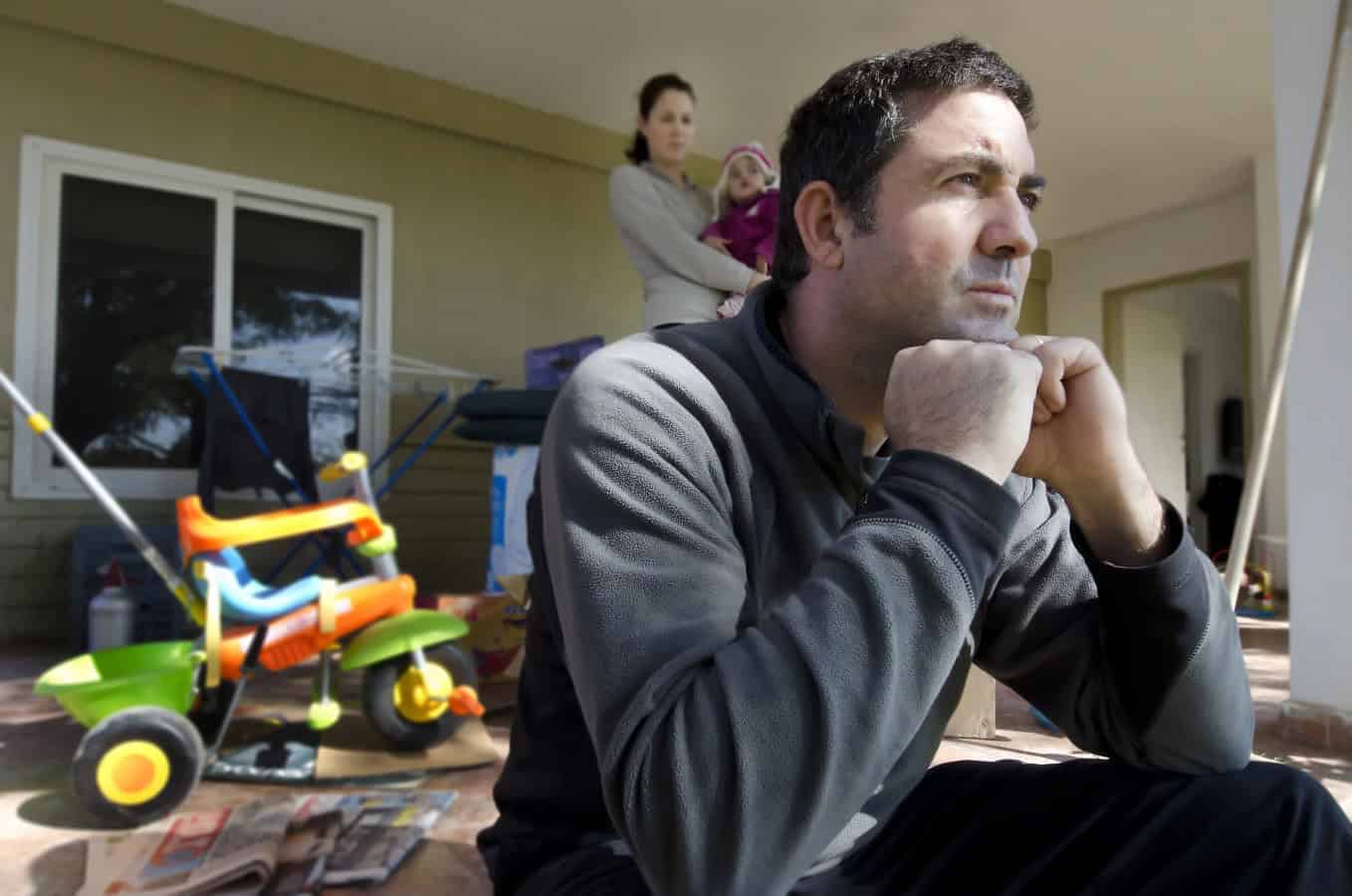
Not necessarily. While some reports have suggested that all public employees will benefit, only those receiving a pension from work not covered by Social Security may see an increase.
The majority; about 72% of state and local public employees already pay Social Security taxes and are not impacted by the Windfall Elimination Provision (WEP) or Government Pension Offset (GPO).
As a result, they will not see any additional benefits from the new law.
Critics Warn of Fiscal and Equity Concerns

Despite the momentum, not everyone is celebrating. Critics, including social policy analysts warn that outright repeal of the WEP and GPO could have significant consequences for the Social Security system and its beneficiaries.
Opponents argues that these provisions exist to ensure fairness between workers who pay Social Security taxes throughout their careers and those who work in non-covered employment.
Without the WEP and GPO, public employees with government pensions could receive disproportionately generous benefits compared to their Social Security-covered counterparts.
For instance, a public worker receiving a substantial pension from non-covered employment could appear as a low earner in the Social Security system and qualify for higher benefits than their actual income justifies.

Critics had warned that repealing these provisions would accelerate Social Security’s financial troubles, advancing the trust fund’s depletion date from 2035 to 2034 and adding $150 billion to its costs over the next decade.
As per the latest Trustees’ report, Social Security is projected to be insolvent in the coming decade.
Increased Criticism of the Bill
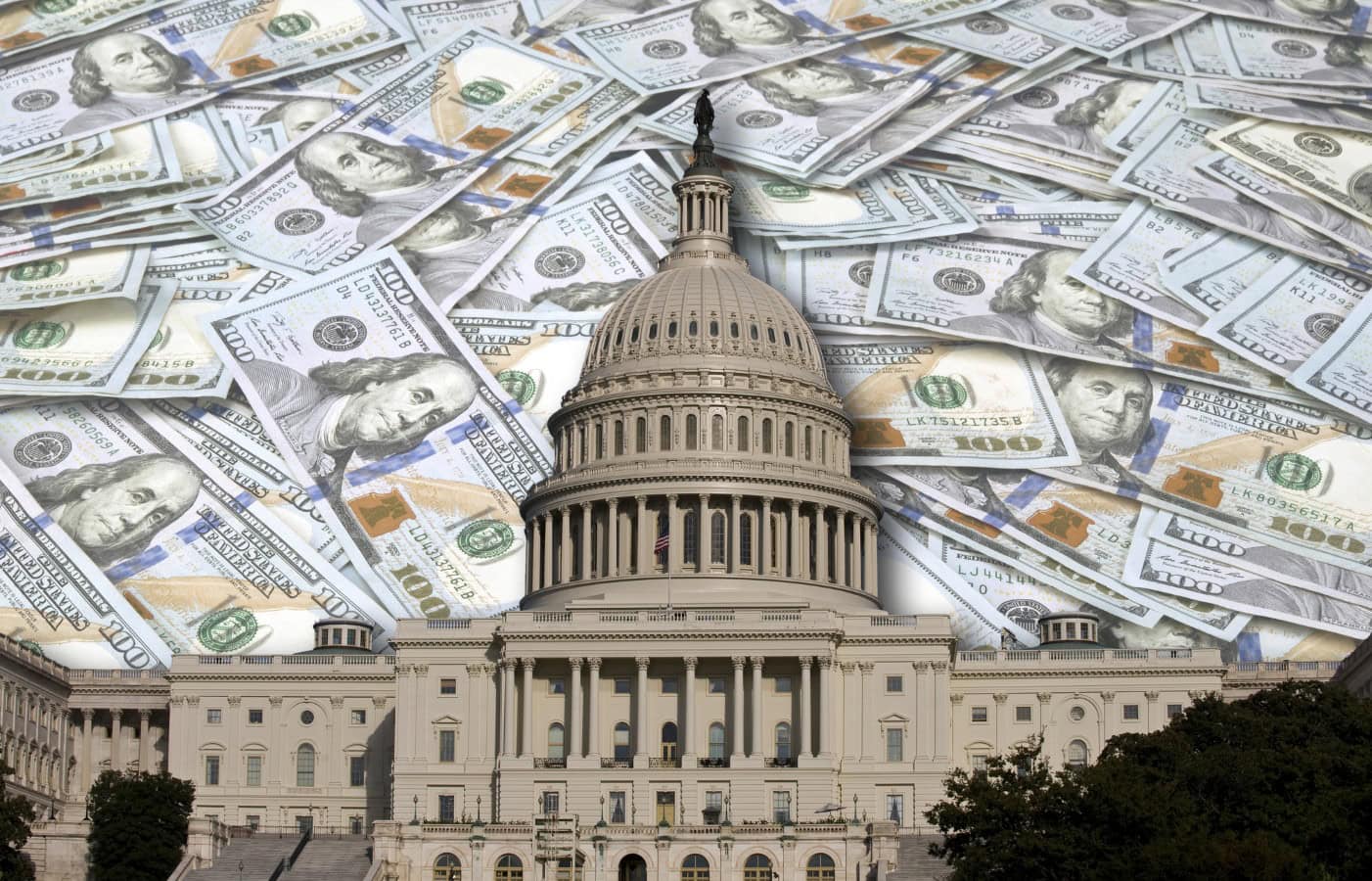
Congressman Chip Roy (Texas) in a post on X said, “This bill is absurd – and bankrupts Social Security 6 months earlier.”
Kurt Couchman, a former House staffer posted, “Senators just voted 73-27 to take up a bill to spend an extra $200 billion from the Social Security trust fund, forcing it to run out half a year sooner, which will impose even steeper cuts on all beneficiaries. Why? To give windfalls to retired government employees.”
The Wall Street Journal Editorial Board mentions, “What’s unfair is rewarding high-paid government workers with larger Social Security benefits than they earned. That’s essentially what the bill would do.
Social Security payments are based on worker contributions and average monthly earnings over the highest 35 years of compensation. They are also progressively indexed so higher-paid workers receive a benefit that replaces a smaller share of their earnings. Ergo, an investment banker receives a smaller wage replacement rate than a retail clerk.
But what about teachers and firefighters? Many state and local government employees who receive pensions don’t pay into Social Security. Instead they earn pensions that are far more generous than the average Social Security benefit. Many can also retire as early as 50 and then work in private industry while receiving their government pension.
Here’s the rub: Government workers who spend some of their career in private industry are entitled to Social Security benefits. However, the standard Social Security formula treats years employed in government as if workers have zero earnings. This reduces their average earnings in the equation and thus increases their wage replacement rate.
As a result of this formula quirk, government workers who spend some years with private employers would get a relatively larger benefit than similar-earning workers who spend their entire careers in private industry. Congress in 1983 sought to fix this injustice with the Windfall Elimination Provision (WEP), which reduced benefits for such government workers.
Government unions have long pushed to repeal this provision as well as a 1977 law that ensures government workers don’t receive outsize spousal benefits under the Social Security formula.”

The Social Security Fairness Act would add an estimated $196 billion to deficits over the next decade, the non-partisan Congressional Budget Office has estimated.
The increasing deficit is causing concerns to most Americans.
President Trump has the difficult task of getting the deficit under control.
Compared to the national deficit of $67 billion for the same period last year (Oct 2023), our national deficit has increased by $191 billion.
The federal government has spent $257 billion more than it has collected in fiscal year (FY) 2025, resulting in a massive national deficit.
Alternatives to Repeal
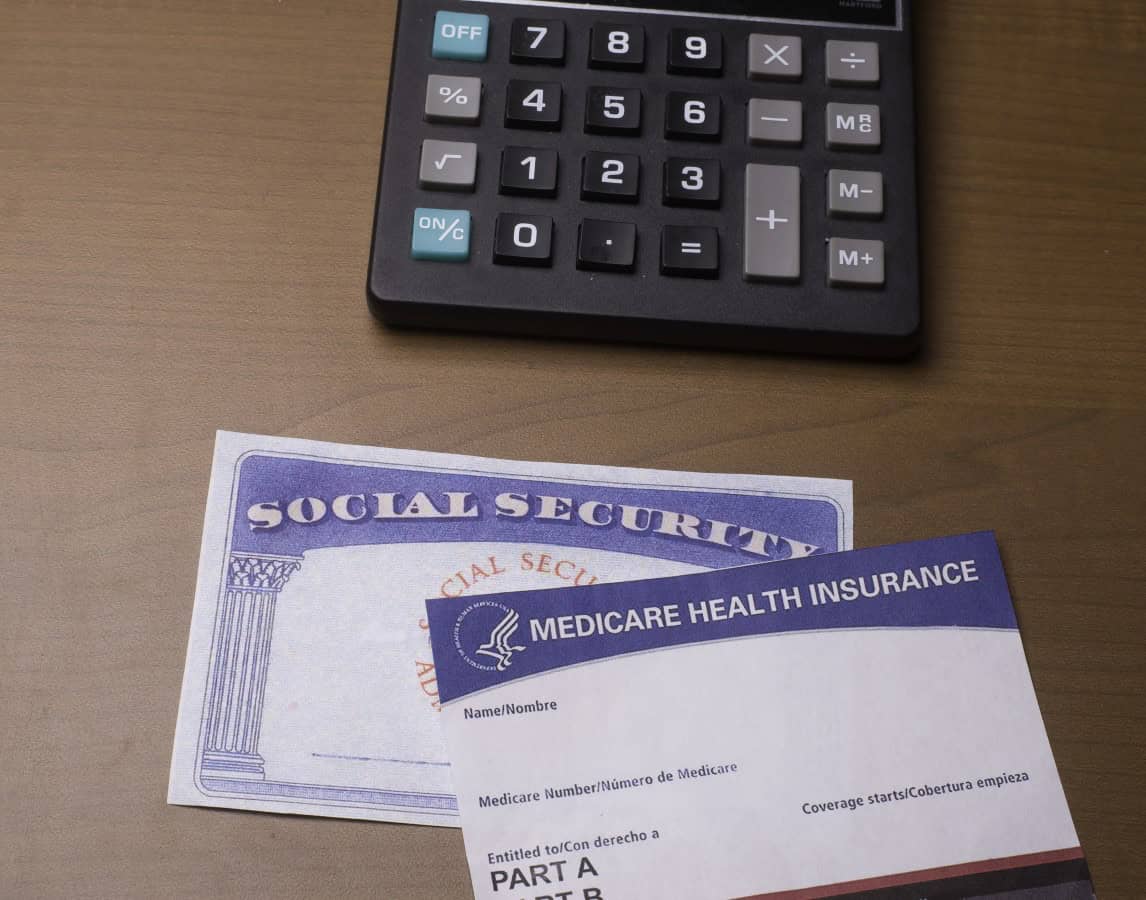
Opponents of repeal advocate for reforms rather than abolition. Alternative proposals suggested a “proportional formula” that adjusts benefits based on a worker’s total covered and non-covered earnings. This approach could better align benefits with actual income levels while avoiding the financial strain of full repeal.
Few organizations have supported similar proportional approaches, emphasizing fairness and fiscal responsibility. Such reforms would leverage data now available to the Social Security Administration to calculate benefits more accurately.
Questions Raised on the Timing of the Bill

Some experts question the timing of the bill while the solvency of the Social Security system has not been addressed. Although this bill will provide public sector employees and union members additional retirement benefits, no bill has been proposed to shore up the balance of the Social Security Fund which is expected to be insolvent in the coming decade.
Analysts warn that failure to act could worsen Social Security’s looming insolvency crisis.
Retirees are already facing a 21% benefit cut in 2033. Passage of the bill could accelerate a larger cut even sooner.
The CRFB calculated the passage of the bill will result in an additional $25,000 of lifetime benefit cuts for a typical couple retiring in 2033.

The Act affects benefits received on an individual’s own record (retirement or disability) as well as spouse’s or surviving spouse’s benefits. The steps to take depend on each person’s situation and the benefits they qualify for.
For those who never applied for retirement, spouse’s, or surviving spouse’s benefits due to WEP or GPO, filing an application may now be necessary.
The application date could impact when benefits begin and the total amount received. However, all other Social Security laws, including early retirement reductions and earnings tests, still apply.
1) The easiest way to apply for retirement or spouse’s benefits is online at www.ssa.gov/apply. While the system still collects pension information, offsets will not be applied.
2) Survivor benefits applications must be completed by phone.
3) Individuals who previously did not apply due to WEP or GPO can now file by calling 1-800-772-1213, Monday through Friday, from 9:00 a.m. to 6:00 p.m. ET. When prompted, say “Fairness Act” to connect with a trained representative for assistance.
How Much Could a Person’s Monthly Benefit Increase?
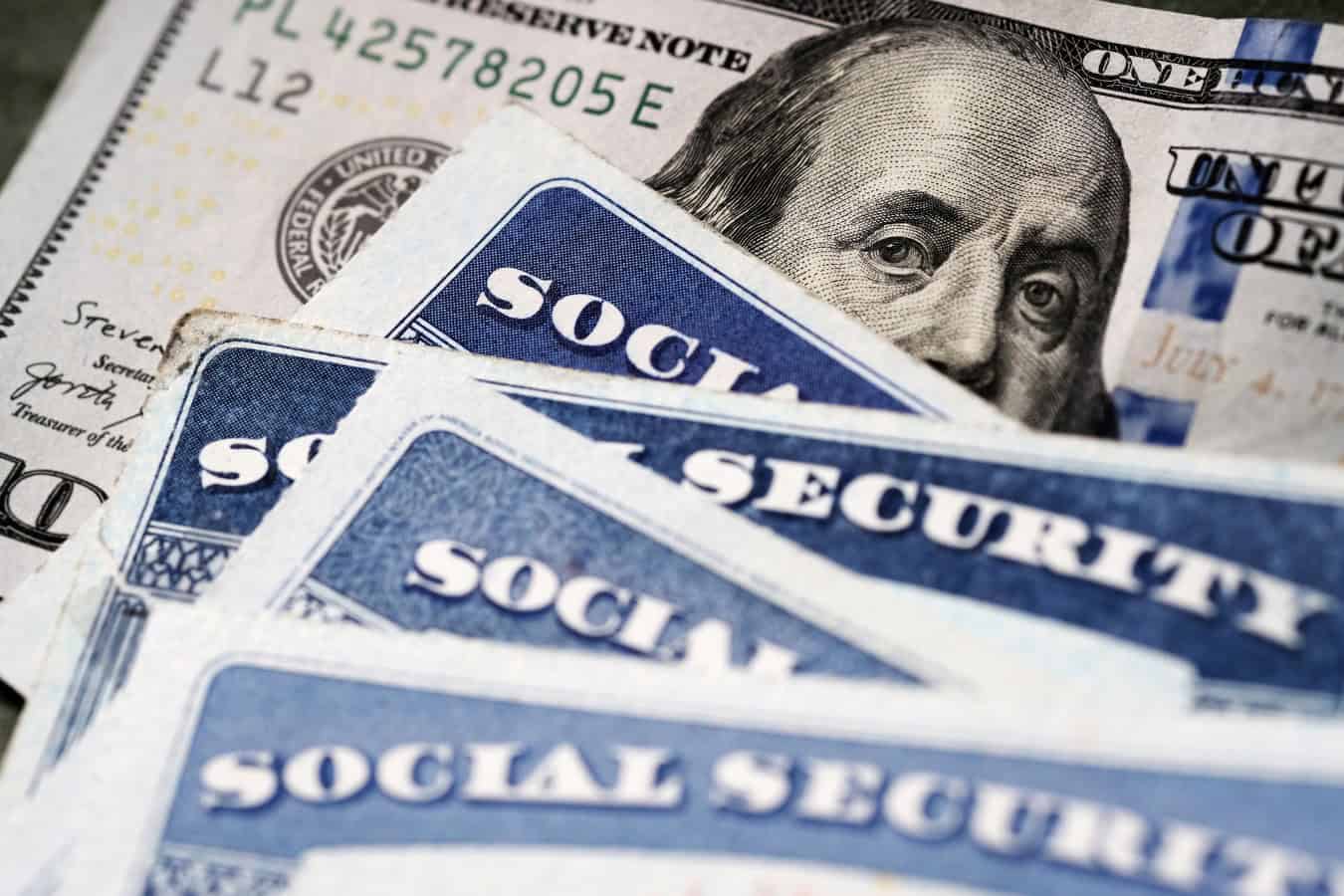
The increase in monthly Social Security benefits can vary significantly.
Factors such as the type of benefit received and the amount of a person’s pension will determine the final amount. While some individuals may see only a small increase, others could receive over $1,000 more per month.
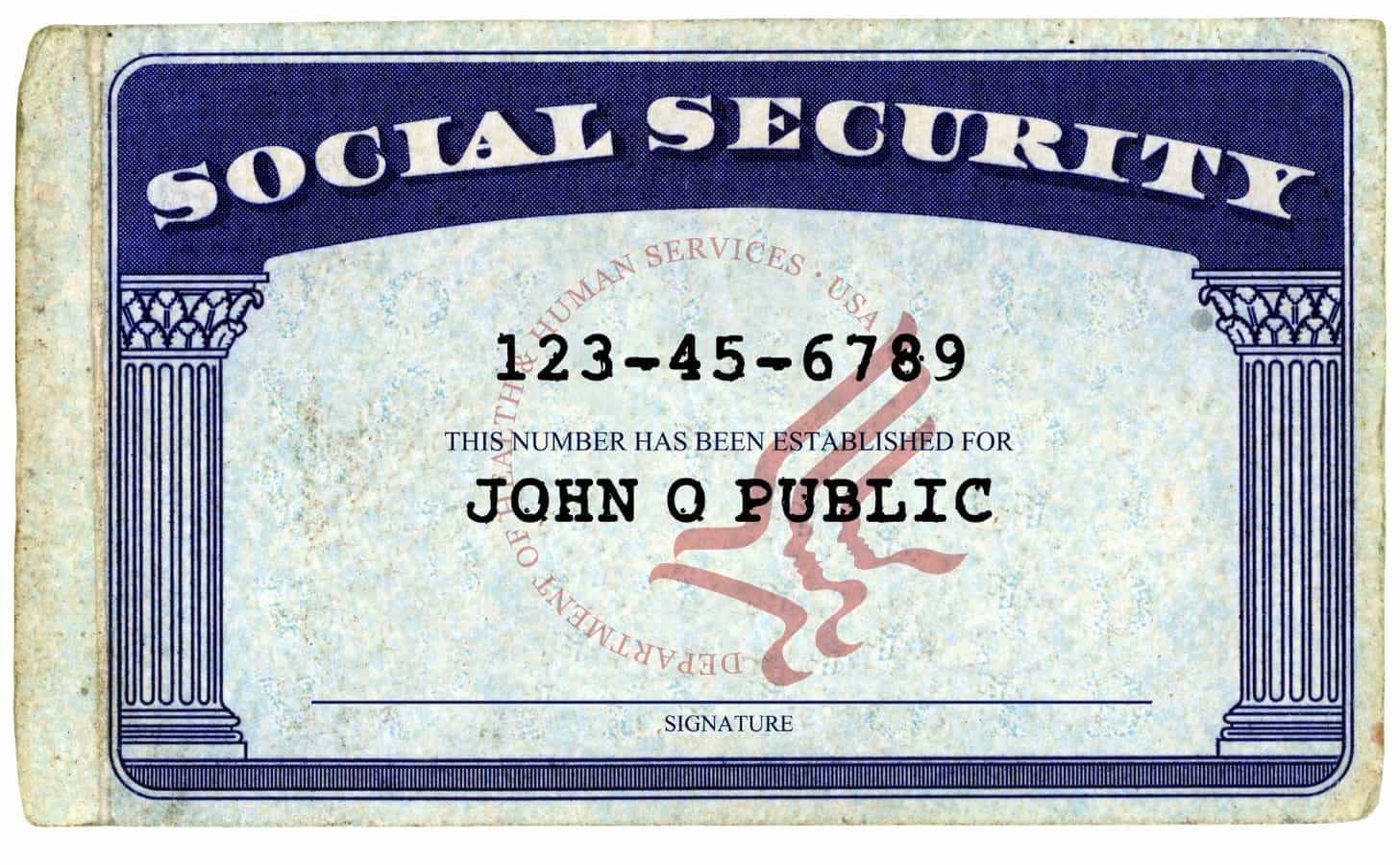
For individuals already receiving benefits affected by WEP or GPO, December 2023 was the last month these reductions applied.
As a result, the new rules eliminate WEP and GPO for benefits payable starting in January 2024.
Tax Implications For Retroactive Benefits Payment
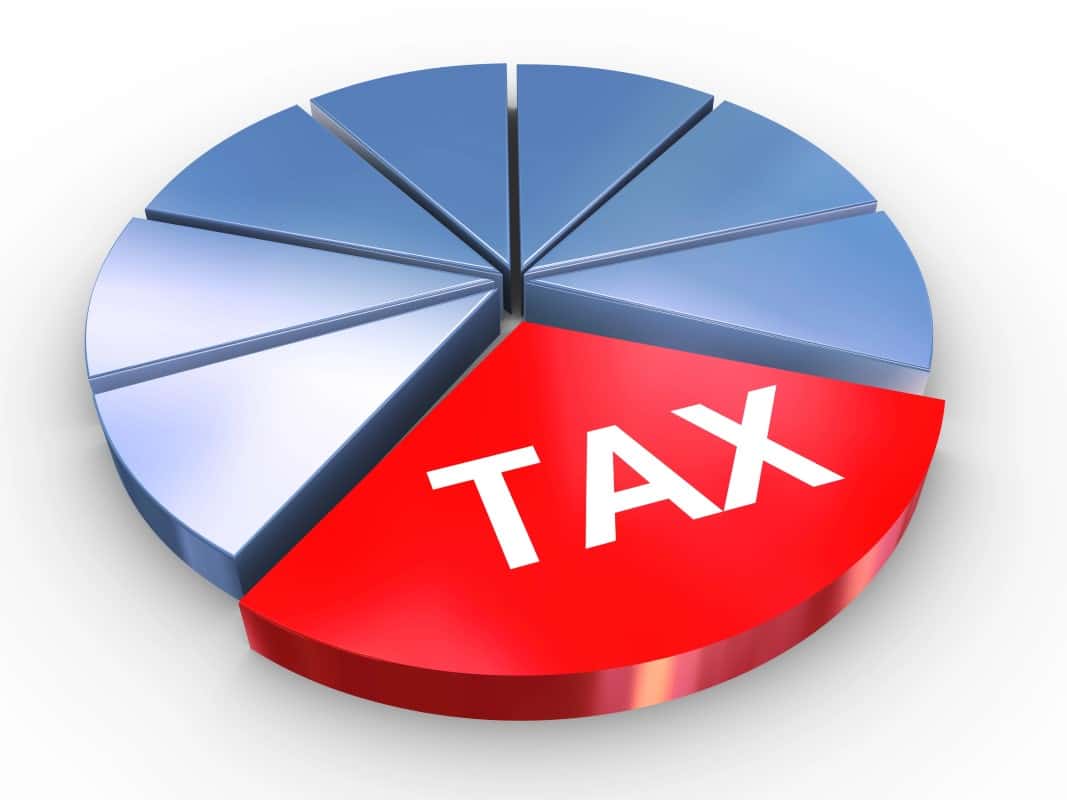
Keep an eye out for SSA-1099 which will contain all the details of benefits received which can be used for filing your taxes.
Consult a licensed professional to determine tax impacts.

The debate over the WEP and GPO highlights broader questions about Social Security’s solvency, equity, and the balance between honoring contributions and maintaining financial sustainability.
For public-sector employees, the law represents long-overdue recognition of their service.
For policymakers and analysts, it underscores the complexity of ensuring fairness within a system strained by demographic and economic pressures.
As the benefits increase for some public and union workers. the broader implications for Social Security hangs in the balance. The outcome of this bill will likely shape the future of Social Security policy for decades to come.
Like Financial Freedom Countdown content? Be sure to follow us!
Treasury I Bond Rates Increases from 3.11% to 3.98% – But with a 1.1% Fixed Rate Locked for 30 Years, Is It Still a Smart Investment?

Inflation has become a significant concern. During the past three years of surging inflation, I bonds offered a safe and attractive investment option. However, with recent lower CPI numbers, the current composite rate for I bonds bought after May 1, 2025 will be 3.98%. The rate has slightly increased from the prior 3.11% but is a sharp decline from the enticing 9.62% annual rate available in May 2022 or even the 4.28% available for bonds purchased before October 31st, 2024. As rates decrease, investors are now considering whether it’s still worth buying Series I bonds.
Discover 15 Smart Investments That Provide Monthly Passive Income
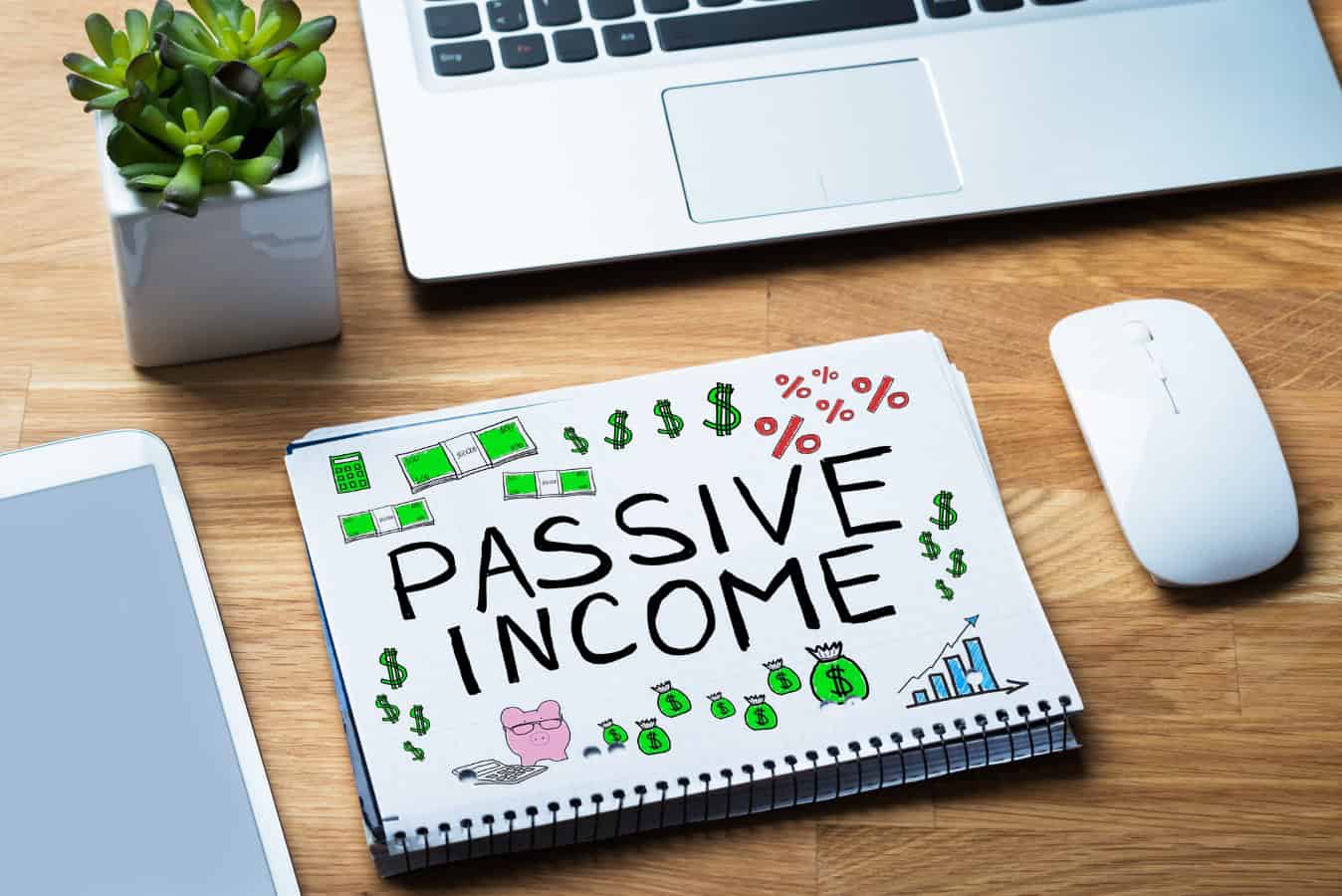
Are you dreaming of a steady passive income every month from your investments? It’s not just a fantasy for the wealthy—it’s attainable for anyone ready to explore their options. Whether you’re just starting out or seeking to diversify, learn how to establish a reliable monthly income stream from familiar choices to hidden opportunities.
Discover 15 Smart Investments That Provide Monthly Passive Income
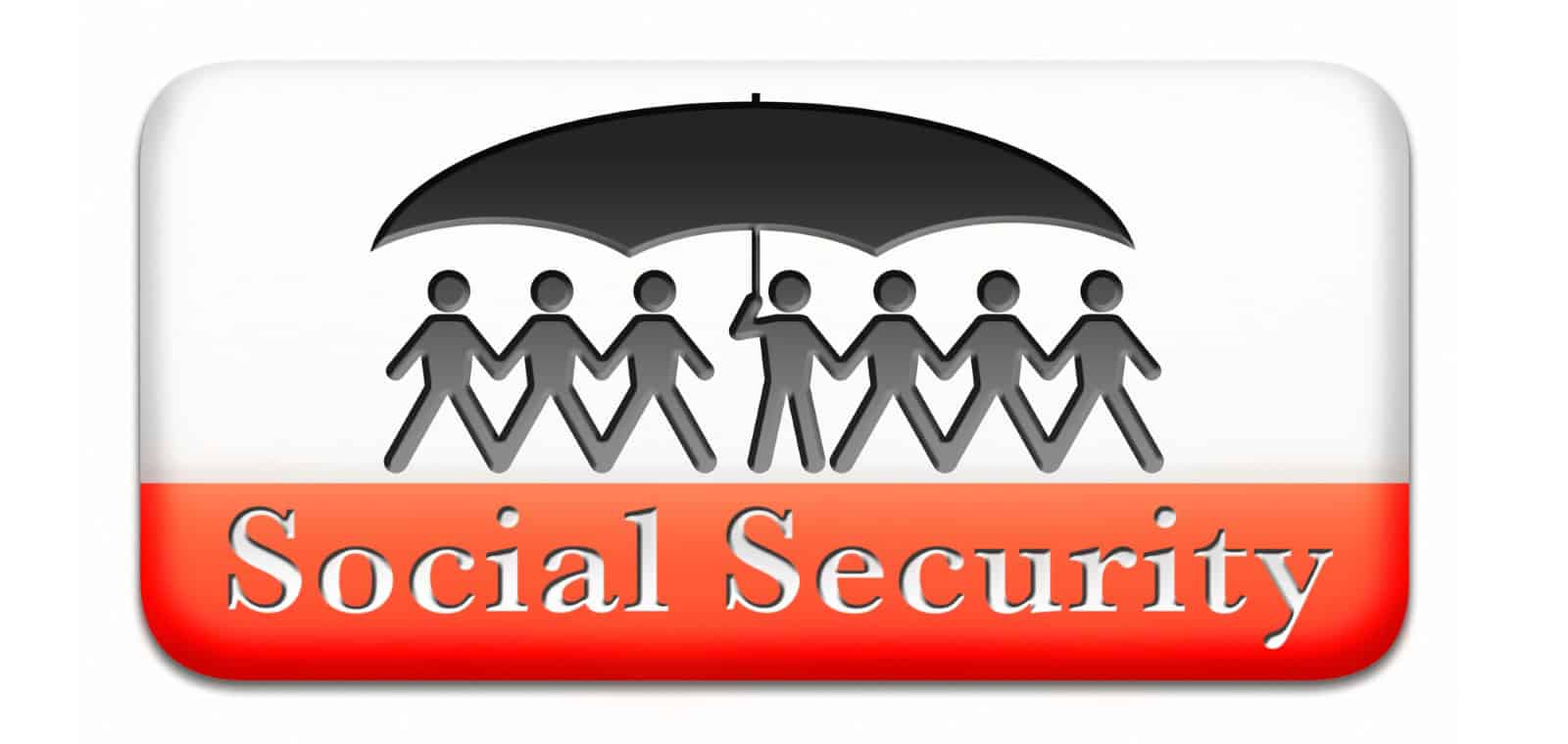
Millions of retirees counting on Social Security to keep up with rising costs may face yet another financial squeeze in 2026. The Senior Citizens League (TSCL) has forecasted a mere 2.3% cost-of-living adjustment (COLA) for next year—falling short of inflation and marking a continued trend of inadequate benefit increases. This prediction lags behind the 3.0% yearly rise in the Consumer Price Index for Urban Wage Earners and Clerical Workers (CPI-W). If accurate, this would mean yet another year where Social Security adjustments fail to keep pace with real-world expenses, leaving many retirees struggling to cover essentials like housing, healthcare, and groceries.
Seniors Brace for Another Social Security Letdown as 2026 COLA Prediction Signals Trouble Ahead

While many envision tax-friendly golden years, residents in nine states face a harsh reality as their Social Security benefits are taxed. In contrast, three states ended their practice of taxing these benefits for the 2024 calendar year. This shift highlights the complexities of retirement planning in the U.S. and underscores the importance of staying informed about changing tax laws. Are you living in one of these states? Discover how these tax changes might impact your retirement strategy and whether it’s time to reconsider your locale for those serene post-work years.
Retirees in These 9 States Still Face Social Security Taxes—While 3 Finally Got Relief For 2024
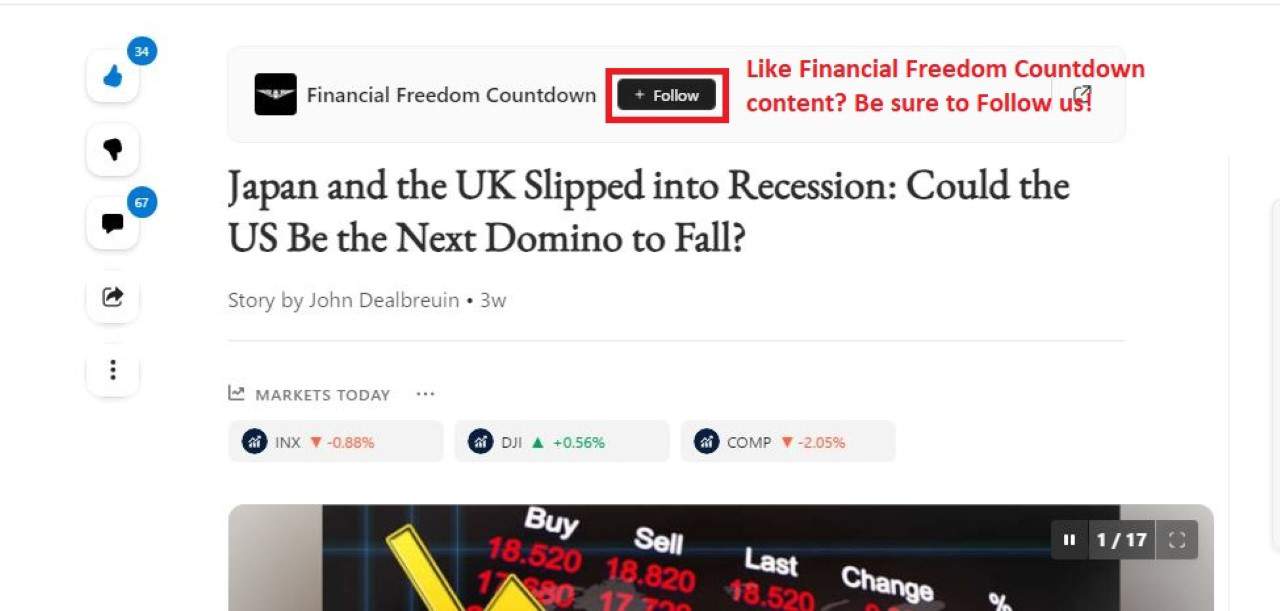
Did you find this article helpful? We’d love to hear your thoughts! Leave a comment with the box on the left-hand side of the screen and share your thoughts.
Also, do you want to stay up-to-date on our latest content?
1. Follow us by clicking the [+ Follow] button above,
2. Give the article a Thumbs Up on the top-left side of the screen.
3. And lastly, if you think this information would benefit your friends and family, don’t hesitate to share it with them!

John Dealbreuin came from a third world country to the US with only $1,000 not knowing anyone; guided by an immigrant dream. In 12 years, he achieved his retirement number.
He started Financial Freedom Countdown to help everyone think differently about their financial challenges and live their best lives. John resides in the San Francisco Bay Area enjoying nature trails and weight training.
Here are his recommended tools
Personal Capital: This is a free tool John uses to track his net worth on a regular basis and as a retirement planner. It also alerts him wrt hidden fees and has a budget tracker included.
Platforms like Yieldstreet provide investment options in art, legal, real estate, structured notes, venture capital, etc. They also have fixed-income portfolios spread across multiple asset classes with a single investment with low minimums of $10,000.